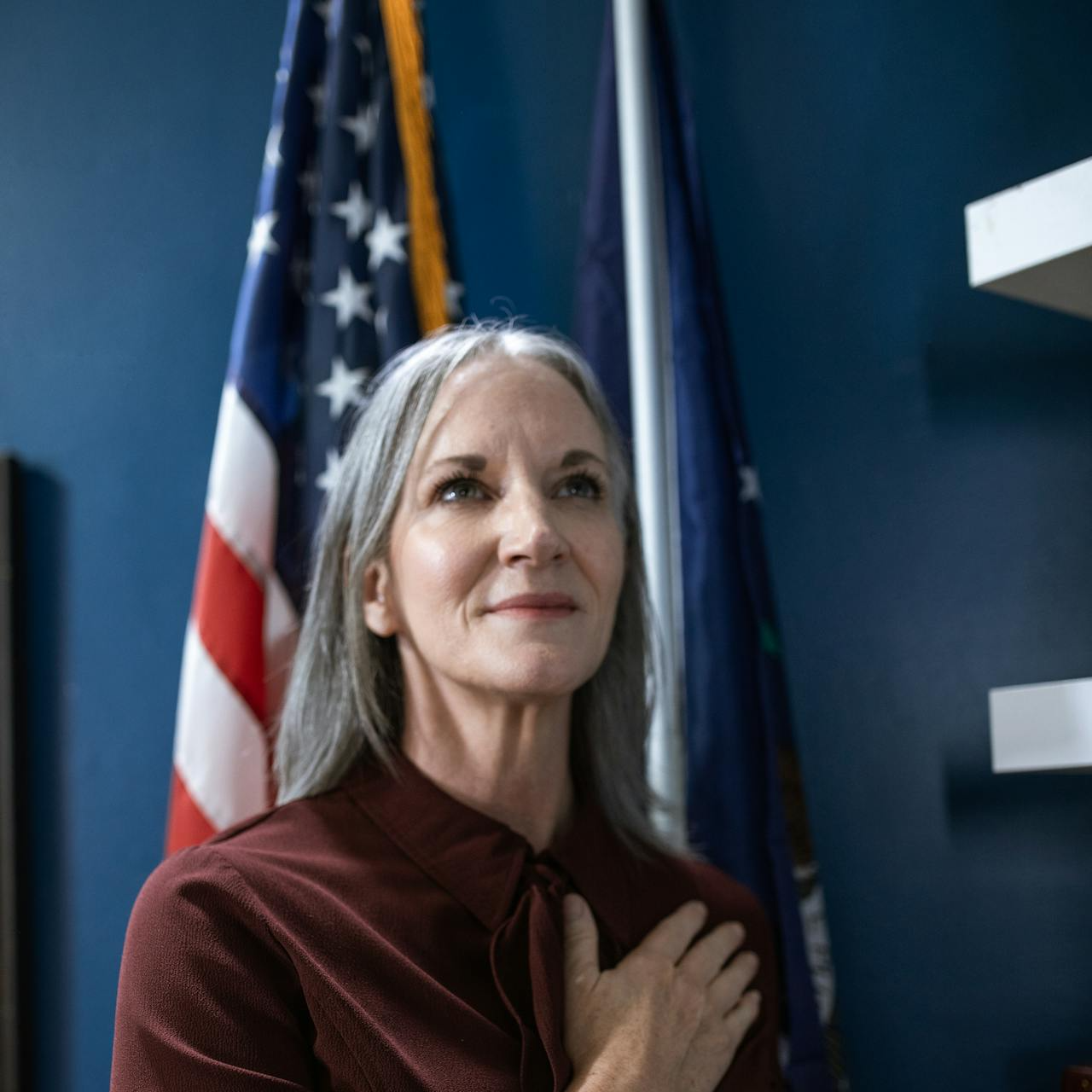
Policy Updates Every Federal Worker Should Notice This Year Before They Accidentally Miss a Critical Deadline
Key Takeaways
You face multiple retirement-related deadlines in 2025 that directly affect your pension, health coverage, and savings options. Missing them can cause permanent reductions in benefits….

How Postal Employees Balance FEHB, PSHB, and Medicare Without Losing Critical Coverage in Retirement
Key Takeaways
You have to carefully align your FEHB, PSHB, and

What the FERS Supplement Really Means for Employees Retiring at 60 or Younger in 2025
Key Takeaways
The FERS Supplement provides a temporary income stream designed t…

Federal Employee Benefits Most Workers Never Realize They’re Eligible for Until Retirement Approaches Too Fast
Key Takeaways
Many federal employee benefits remain underutilized until retirement approaches, even though they can significantly improve your financial security and healthcare options.By underst…

FAA and LEO Employees Have Special Retirement Rules—That Make Planning Even More Critical
Key Takeaways FAA and LEO employees have unique retirement rules that let you retire earlier, but those rules come with strict eligibility conditions and penalties if not carefully followed.Plannin…

Social Security Earnings Limits That Trap Early Retirees in 2025 With Surprise Benefit Reductions
Key Takeaways
In 2025, the Social Security earnings limit for early retirees under full retirement age is set at $23,480, and crossing this limit can lead to reductions in monthly benefits.